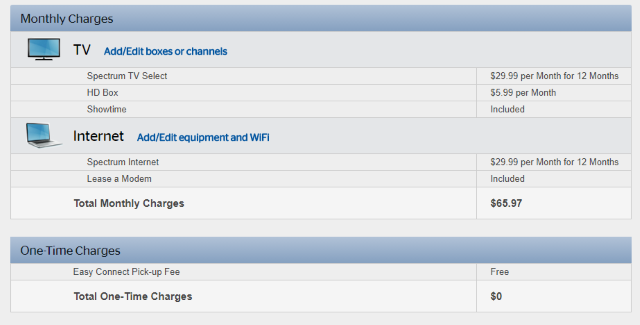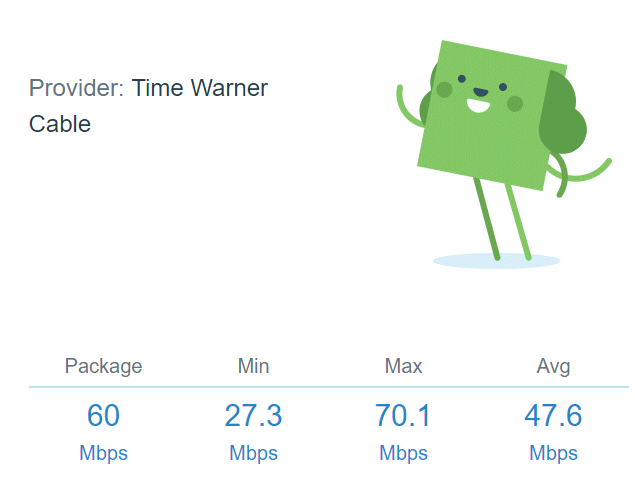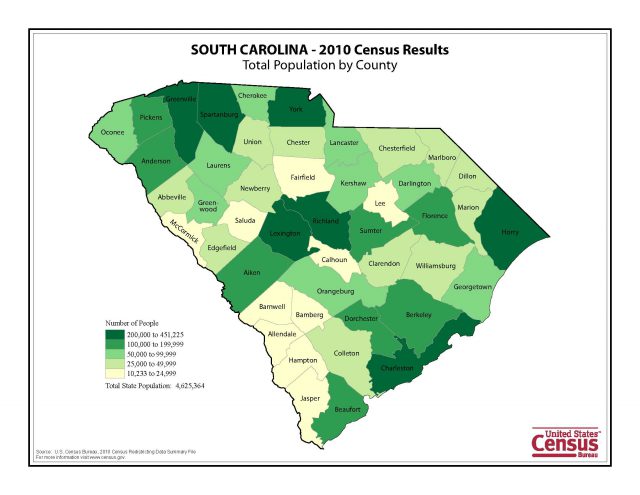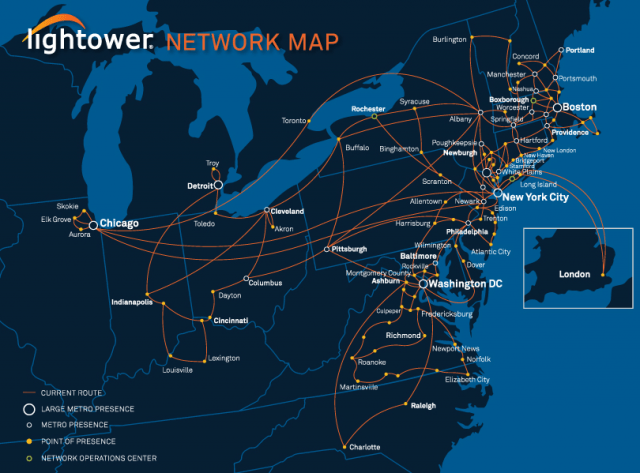After losing another 90,000 residential cable television customers during the second quarter, Charter Communications is beefing up its customer promotions to win back customers and respond to competing offers.
Starting this month, Spectrum is pitching a double play bundle for new customers using its familiar formula of $29.99 for each service, only this time they actually came close to meaning it.
Customers who want a 60Mbps (100Mbps in some markets) broadband package with Spectrum Select TV package can now get each service for around $30 a month, but will still have to pay around $6 for a ‘required’ cable box and another $7.50 a month for Spectrum’s Broadcast TV surcharge. To sweeten the deal, Spectrum is including a free year of Showtime.
Prior to this promotion, Spectrum’s double play promotion charged $59.99 for the TV bundle and $29.99 for internet access, one penny more a month than its triple play bundle which also includes a phone line.
The newest double play promotion offers about $24 in savings a month over the old one, which usually included one set-top box for free.
The double play promotion, which omits a phone line, is likely to continue a decline of Charter’s residential home phone customers, many canceling landline service as their aggressively priced Time Warner Cable phone promotion expires. Charter’s broadband growth has slowed as well. The company added 231,000 customers during the quarter compared with 308,000 during the same quarter last year. Charter’s pricing and promotions proved not as attractive as some of their competitors.


 Subscribe
Subscribe







